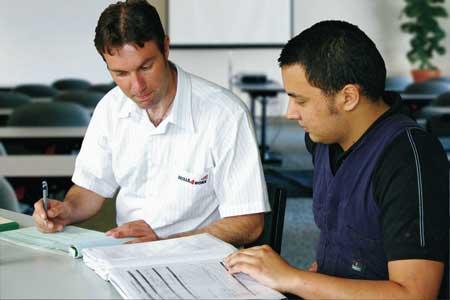|
HOW do you view training for your maintenance staff? Is it a waste of time or a fundamental part of maintenance improvement? The reality is that companies investing in training outperform and have much better staff retention rates than companies that don’t. Enquiries: Sarah Noble |
|






